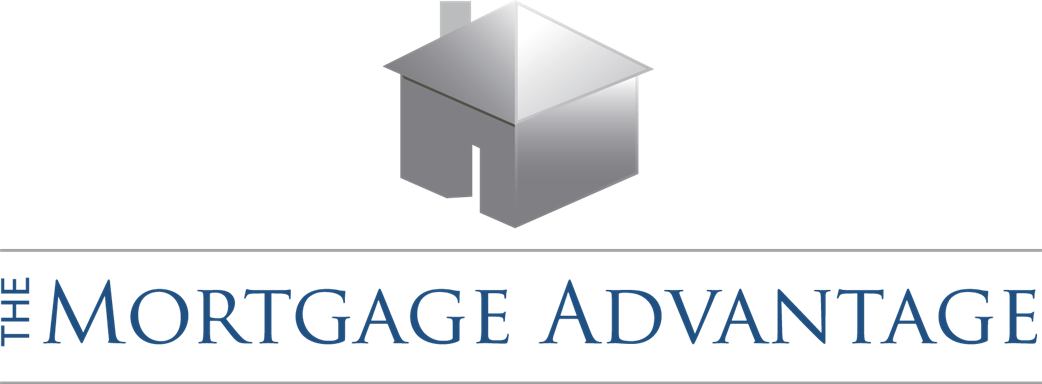It PAYS to shop around.
Many Canadian homeowners pay too much for their homes because they are not getting the best mortgage financing available in the market.
The mortgage process can be intimidating for homeowners, and some financial institutions don't make the process any easier.
But I’m here to help!
As your personal mortgage consultant, I’m an independent, unbiased, expert, here to help you move into a home that you will love.
I have access to mortgage products from a multitude of lenders at my fingertips and I work with you to determine the best product that will fit your immediate financial needs and future goals.
VERICO mortgage specialists are Canada’s Trusted Experts who will be with you through the life of your mortgage.
I save you money by sourcing the best products at the best rates – not only on your first mortgage but through every subsequent renewal. So whether you're buying a home, renewing your mortgage, refinancing, renovating, investing, or consolidating your debts — I’m your personal mortgage consultant who will help you get the right financing, from the right lender, at the right rate.
Please call me today for your best mortgage solution and advice. Phone: 604.802.8193
CREA: Bank of Canada Maintains Policy Rate at 2.25%
On Wednesday, January 28, 2026, the Bank of Canada held its target for the overnight lending rate steady at 2.25% for the second consecutive time, a move widely expected by analysts.
As forecast by the Bank, Canadas Gross Domestic Product (GDP) marked robust growth in the third quarter of 2025 but is expected to be flat in final quarter of the year, when that data is released. Exports to the United States are acting as a drag on economic growth due to ongoing tariffs.
Meanwhile, the Bank noted that although employment numbers have picked up in recent months, the unemployment rate remains elevated, particularly for younger people. Its survey of businesses also reveals few of them intend to increase their workforces.
The Bank projects economic growth of only 1.1% in 2026, as slower population growth and adjustments to U.S. protectionism act as headwinds on Canadas economy. It also referenced the upcoming review of the Canada-US-Mexico (CUSMA) agreement as one of the major sources of uncertainty its watching this year.
The Consumer Price Index (CPI) inflation has been slowing recently and is trending closer to the Banks 2% target. Although CPI inflation is expected to stay near that level over the projected horizon, the Bank noted in its January Monetary Policy Report (MPR) inflation for items such as food services and rent remain well above their long-term averages.
https://www.crea.ca/media-hub/news/bank-of-canada-maintains-policy-rate-at-2-25-2/
Bank of Canada maintains policy rate at 2¼%
The Bank of Canada today held its target for the overnight rate at 2.25%, with the Bank Rate at 2.5% and the deposit rate at 2.20%.
The outlook for the global and Canadian economies is little changed relative to the projection in the October Monetary Policy Report (MPR). However, the outlook is vulnerable to unpredictable US trade policies and geopolitical risks.
Economic growth in the United States continues to outpace expectations and is projected to remain solid, driven by AI-related investment and consumer spending. Tariffs are pushing up US inflation, although their effect is expected to fade gradually later this year. In the euro area, growth has been supported by activity in service sectors and will get additional support from fiscal policy. Chinas GDP growth is expected to slow gradually, as weakening domestic demand offsets strength in exports. Overall, the Bank expects global growth to average about 3% over the projection horizon.
Global financial conditions have remained accommodative overall. Recent weakness in the US dollar has pushed the Canadian dollar above 72 cents, roughly where it had been since the October MPR. Oil prices have been fluctuating in response to geopolitical events and, going forward, are assumed to be slightly below the levels in the October report.
https://www.bankofcanada.ca/2026/01/fad-press-release-2026-01-28/
CREA Updates Resale Housing Market Forecast for 2026 and 2027
The Canadian Real Estate Association (CREA) has updated its 2026 forecast for home sales activity and average home prices via the Multiple Listing Service (MLS) Systems of Canadian real estate boards and associations and extended the outlook to include 2027.
One year ago, expectations were that 2025 would mark a turning point, with buyers beginning to come off the sidelines after a significant slowdown across many Canadian housing markets. That slowdown coincided with the Bank of Canadas use of higher interest rates to fightand ultimately winits first battle with inflation since adopting its inflation-targeting mandate in 1992.
While the economic uncertainty resulting from U.S. tariff threats ultimately resulted in another slow year for housing in 2025, most of that weakness was front loaded in the first months of the year. Beginning in April, the market underwent a rally that saw sales climb 12% by August. While this slowed into more of a holding pattern to finish the year, its that mid-year upward trend that is expected to pick up once again in 2026.
A major factor underpinning this forecast for higher activity in 2026 is pent-up demand, particularly from first-time buyers, many of whom have been shut out of the market over the past four years. While interest rates have not fallen as far as many may have hoped for, they have likely fallen far enough to restore the attainability of homeownership for many, despite affordability that remains more challenging than it was prior to 2020.
https://www.crea.ca/media-hub/news/crea-downgrades-resale-housing-market-forecast-amid-tariff-uncertainty-and-economic-uncertainty/





























